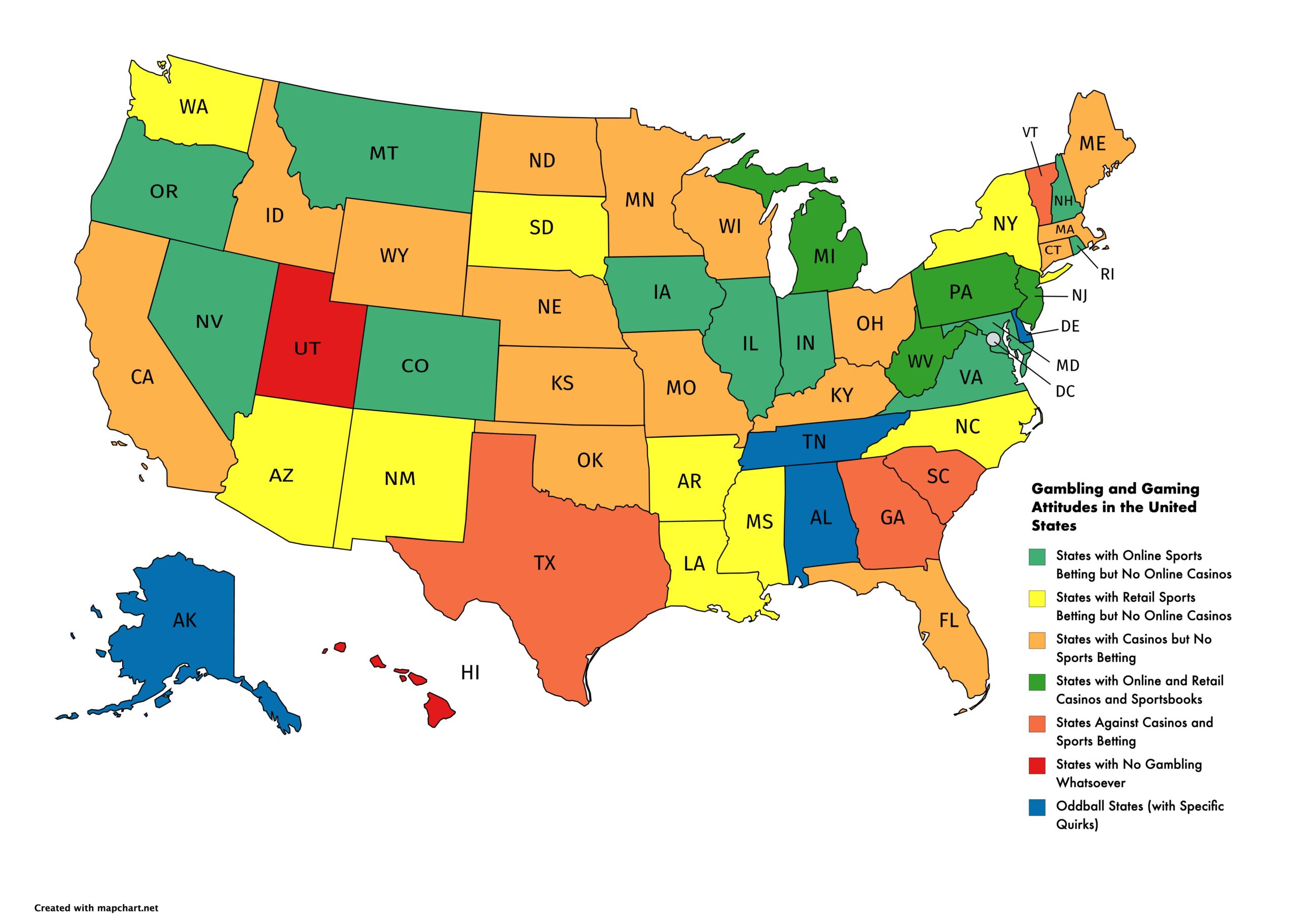Online Gambling in India Be Regulated
If the government of India wants to legalise online gambling, it should enact a central law to regulate the activity. This would ensure uniformity, equal treatment and fairness among citizens. It would also help curb the role of bookies who illegally place bets on offshore websites using laundered funds. Online gambling companies should post a disclaimer on the home page of their websites and apps, informing the public about the risks involved in participating.
It should be noted that the Indian constitution defines gambling as a game of skill, and that despite there being no specific law against online gambling, Indian courts have yet to prosecute anyone for participating in this activity. While the Indian constitution does not mention online gambling, other laws such as the Foreign Exchange Management Act, passed in 1999, make reference to such activities. Despite these legal loopholes, India is quickly growing as a market for online gambling.
While the Indian Gaming Act does not include online gambling, most states have their own gambling laws. For example, the Nagaland Prohibition of Gambling Act prohibits games where chance outweighs skill. However, the Nagaland Finance Commissioner oversees licensing and allows companies to offer games of skill. Besides Nagaland, Sikkim and Telangana have each passed their own laws to regulate online gambling.

Should Online Gambling in India Be Regulated?
Other states are moving slowly in this direction. For example, New York and Illinois recently asked the Department of Justice to clarify a law on lottery tickets for digital sale. The DOJ’s clarification left the door open for online poker platforms. Meanwhile, states like Massachusetts and Maryland should soon allow internet lottery draws to take place. The DOJ also has a plan to legalize online gambling and poker in all 50 states. There are more states on the way, so stay tuned.
The legalization of online gambling could be beneficial for the country’s economy. Thousands of people will be employed in government regulatory bodies to oversee online gambling and issue licenses. Additionally, tax revenue generated from online gambling could be used to fund constructive government projects. Lastly, legalizing gambling would create massive employment opportunities. A country can’t afford to ignore the benefits of online gambling. However, it must recognize that this industry is a necessary part of the economy.
The legality of online gambling remains a controversial issue. While some people view gambling as a harmless hobby or a way to make money, others see it as a threat to their well-being. Most online gambling sites, however, promote fair gaming and allow players to set their own loss limits. However, the presence of a significant element of chance is inherent to the sport itself. Players are expected to evaluate and trade players, and a bad injury could sabotage their chance to win the league.
